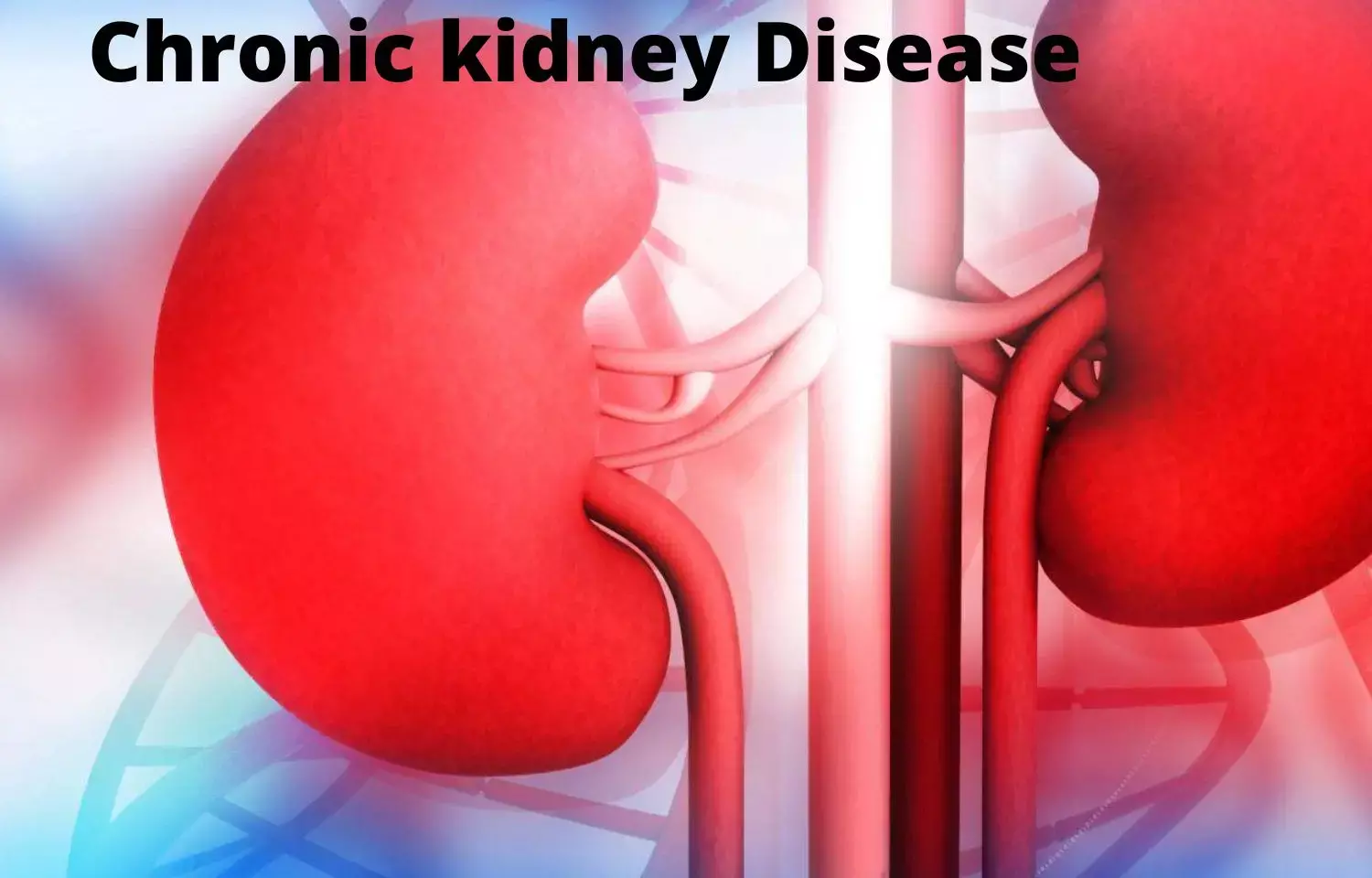- Home
- Medical news & Guidelines
- Anesthesiology
- Cardiology and CTVS
- Critical Care
- Dentistry
- Dermatology
- Diabetes and Endocrinology
- ENT
- Gastroenterology
- Medicine
- Nephrology
- Neurology
- Obstretics-Gynaecology
- Oncology
- Ophthalmology
- Orthopaedics
- Pediatrics-Neonatology
- Psychiatry
- Pulmonology
- Radiology
- Surgery
- Urology
- Laboratory Medicine
- Diet
- Nursing
- Paramedical
- Physiotherapy
- Health news
- Fact Check
- Bone Health Fact Check
- Brain Health Fact Check
- Cancer Related Fact Check
- Child Care Fact Check
- Dental and oral health fact check
- Diabetes and metabolic health fact check
- Diet and Nutrition Fact Check
- Eye and ENT Care Fact Check
- Fitness fact check
- Gut health fact check
- Heart health fact check
- Kidney health fact check
- Medical education fact check
- Men's health fact check
- Respiratory fact check
- Skin and hair care fact check
- Vaccine and Immunization fact check
- Women's health fact check
- AYUSH
- State News
- Andaman and Nicobar Islands
- Andhra Pradesh
- Arunachal Pradesh
- Assam
- Bihar
- Chandigarh
- Chattisgarh
- Dadra and Nagar Haveli
- Daman and Diu
- Delhi
- Goa
- Gujarat
- Haryana
- Himachal Pradesh
- Jammu & Kashmir
- Jharkhand
- Karnataka
- Kerala
- Ladakh
- Lakshadweep
- Madhya Pradesh
- Maharashtra
- Manipur
- Meghalaya
- Mizoram
- Nagaland
- Odisha
- Puducherry
- Punjab
- Rajasthan
- Sikkim
- Tamil Nadu
- Telangana
- Tripura
- Uttar Pradesh
- Uttrakhand
- West Bengal
- Medical Education
- Industry
Lowering BP may halt kidney function decline in CKD patients

Sweden: Lower clinic office BP is associated with more favorable kidney outcomes in people with an estimated glomerular filtration rate (eGFR) of less than 30 ml/min per 1.73 m2, states study results published in the Journal of Hypertension.
Globally, an estimated 26% of the world's population (972 million people) has hypertension and the prevalence is expected to increase further. Hypertension is a leading risk factor for mortality and morbidity, along with chronic kidney disease (CKD) and various others. CKD and hypertension are closely associated with an overlapping and intermingled cause and effect relationship. Older randomized controlled trials (RCT) and observational data have indicated that higher BP is a risk factor for the progression of CKD, especially in patients with albuminuria.
The co-author Al-Sodany, Karolinska Institutet, Sweden, and his team investigated blood pressure and its association with kidney outcomes in patients with nondialysis CKD stage 4–5 (eGFR <30 ml/min per 1.73 m2) and different levels of albuminuria, using a nationwide, contemporary cohort under nephrology care.
Investigators enrolled a total of 18 071 CKD stage 4–5 patients from routine nephrology care (2010–2017). Multivariable adjusted joint models were used to explore the association between both baseline and repeated clinic office BP and eGFR slope and kidney replacement therapy (KRT). The analyses were stratified on albuminuria at baseline.
Key findings of the study are,
• The eGFR slope was observed to be increasingly steeper in those with SBP less than 120 mmHg at baseline than in those with BP greater than 160 mmHg. Similarly, the eGFR slope was found to be steeper with higher DBP.
• Lower SBP and DBP were associated with slower eGFR decline in patients with albuminuria grade A3 (>30 mg/mmol) but not consistently in albuminuria A1–A2.
• There was a significant interaction between eGFR decline and diabetes mellitus. Those with diabetes mellitus generally progressed faster, and the association between BP and eGFR slope was stronger than in nondiabetic patients.
• Repeated BP measurement analyses showed that every 10 mmHg higher SBP over time was associated with a 39% additional risk of KRT.
The authors conclude that people with CKD 4–5 demonstrated improved kidney outcomes in terms of slower eGFR decline and lower incidence of KRT in patients with lower achieved SBP and DBP. The association was stronger in those with higher levels of albuminuria and patients with diabetes. the most favorable kidney outcomes were observed in the patients with achieved BP levels approaching those in the intensive treatment arm of clinical trials.
Reference:
Al-Sodany E, Chesnaye NC, Heimbürger O, Jager KJ, Bárány P, Evans M. Blood pressure and kidney outcomes in patients with severely decreased glomerular filtration rate: a nationwide observational cohort study. J Hypertens. 2022 Jun 22.
doi: 10.1097/HJH.0000000000003168. Epub ahead of print. PMID: 35730420
BDS
Dr. Hiral patel (BDS) has completed BDS from Gujarat University, Baroda. She has worked in private dental steup for 8years and is currently a consulting general dentist in mumbai. She has recently completed her advanced PG diploma in clinical research and pharmacovigilance. She is passionate about writing and loves to read, analyses and write informative medical content for readers. She can be contacted at editorial@medicaldialogues.in.
Dr Kamal Kant Kohli-MBBS, DTCD- a chest specialist with more than 30 years of practice and a flair for writing clinical articles, Dr Kamal Kant Kohli joined Medical Dialogues as a Chief Editor of Medical News. Besides writing articles, as an editor, he proofreads and verifies all the medical content published on Medical Dialogues including those coming from journals, studies,medical conferences,guidelines etc. Email: drkohli@medicaldialogues.in. Contact no. 011-43720751


